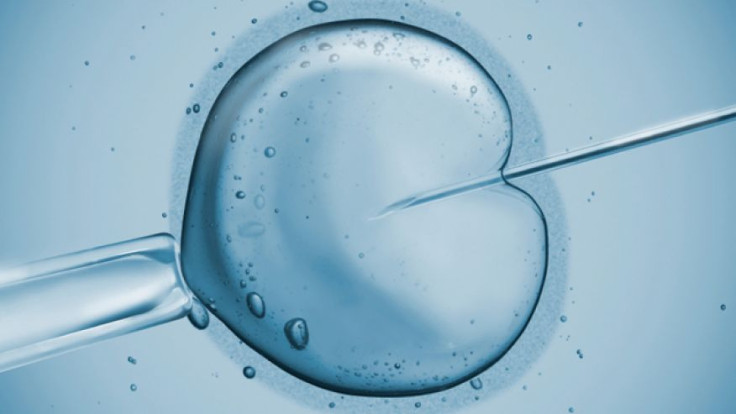Genetic test can determine if IVF will prove unsuccessful for women

A research study published in the journal Scientific Reports, has found that women who fail to get pregnant through assisted fertility techniques have a specific genetic fingerprint in the womb. Testing for the genetic signature before embarking on IVF and similar fertility techniques can save the women several thousand pounds.
"Many women undergo a number of IVF cycles without success despite having good quality embryos and, up to now, it has been unclear whether or not the lining of the womb may be the cause of that," said Professor Nick Macklon, medical director of Complete Fertility Centre Southampton at thePrincess Anne Hospital.
"We have now shown that an abnormal gene expression in the lining can be identified in many of these women and that a specific gene 'fingerprint', when present, is always associated with failure, which is very significant in aiding our understanding of IVF failure."
Under the research study, several women tested positive for the genetic signature. The next step would be to formulate a test to trace this genetic signature before female patients seek costly treatment, said Prof. Macklon, reported The Telegraph.
Nearly 43 women were studied under the research conducted by the University Medical Center Utrecht and Academic Medical Centre in Amsterdam. After carefully studying their biopsies it was determined that 100 per cent of women who had suffered from recurrent implantation failure had an abnormal gene profile in the womb lining.
"What this tells us is that a large proportion of women who suffer recurrent implantation failure may be infertile due to a problem with the receptivity of their uterus... this information gives clinicians much more clarity in counselling patients as to the wisdom of investing further time, effort and money in on-going treatment," said Professor Frank Holstege, head of the genomics laboratory at University Medical Centre Utrecht.
© Copyright IBTimes 2025. All rights reserved.






















